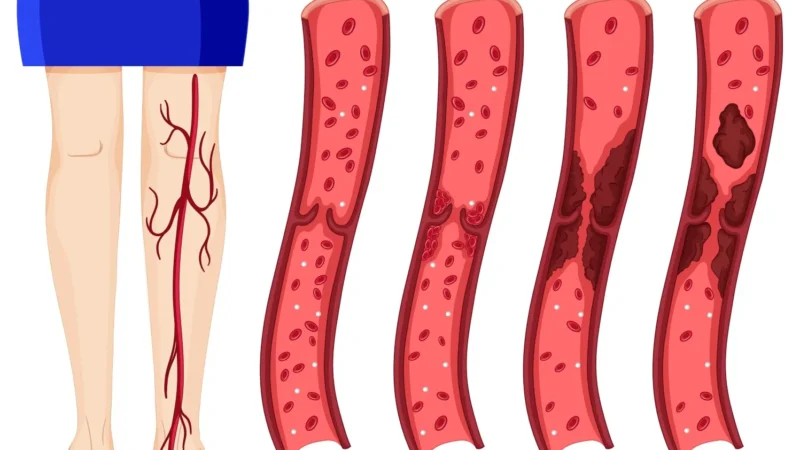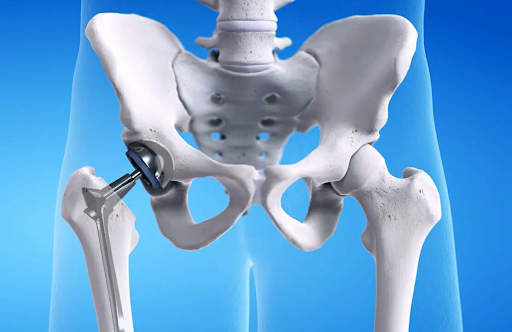Which vegetarian foods are high in B12?

If you are transitioning to a vegetarian diet, it is crucial that you plan ahead to ensure you will receive enough Vitamin B12. Research shows that unsupplemented vegans experience higher homocysteine levels compared to their meat-eating peers.
There are plenty of food choices available that can help meet your B12 needs, including these top vegetarian-friendly vitamin b12 vegetarian foods sources:
Shellfish
Dietary sources of Vitamin B12 for humans typically come from animal products like eggs, dairy, and meat; however, vegetarians can still obtain enough Vitamin B12 through naturally occurring sources like vegetables and fruits as well as fortified foods and yeast spreads to meet daily requirements.
Vitamin k rich foods b12 deficiency in infants can result in loss of appetite and failure to thrive, as well as health complications such as atrophic colitis and pernicious anemia. This is particularly critical when feeding vegan infants without access to sources of Vitamin B12.
Eggs are one of the best sources of vitamin B12 for vegetarians, providing approximately 25% of daily value. Try scrambling some for breakfast or adding hard-boiled ones to a lunch salad! Other food sources rich in Vitamin B12 include fish, shellfish, milk and cheese as well as certain mushrooms (spirulina and nori).
Eggs
Eggs are an excellent source of both protein and vitamin B12. A single large egg provides approximately 25% of the recommended daily value (DV). Making scrambled or omelet eggs part of breakfast or lunch or dinner meals are two simple ways to up your intake.
Recent research indicates that eggs may not be an adequate source of vitamin B12 for those on plant-based diets; in fact, many vegans suffer from deficiency issues in this regard.
WIC participants following a vegetarian or vegan diet should prioritize eating food enriched with vitamin B12. You can find such products at most grocery stores; breakfast cereals often provide enough B12 for adults and children alike, while soya milk, sourdough bread and vegetable margarines may also contain it.
Cheese
B12 can be found primarily in animal products and fortified foods, though some bacteria in our intestinal tract may produce it naturally. Vegetarians should ensure they consume adequate B12-fortified foods or supplements in order to avoid deficiency symptoms.
Low levels of vitamin B12 can result in pernicious anemia, characterized by tingling hands and feet, loss of appetite and fatigue as well as other symptoms. Infants living with this disorder can have reduced energy and fail to thrive and may face permanent brain damage or death as a result.
Vegetarians can easily get enough Vitamin B12 through dairy and eggs or fortified food sources; vegans can consume green vegetables, nori (an edible seaweed), tempeh and nutritional yeast as sources. Your doctor should order blood work to evaluate possible deficiency; if necessary consult a registered dietitian nutritionist who specializes in vegetarian or vegan diets.
Tempeh
Tempeh is a fermented soybean cake that forms part of the Indonesian diet and serves as an indispensable food. Used both as an meat alternative or integral component in other dishes, tempered boasts vitamin B12 along with iron and calcium for completeness as a complete protein source as well as providing an abundance of dietary fiber content.
Tempeh can be cooked boiled, steamed, fried or sauteed depending on your preferences and desired method of preparation. Marinade or season with whatever seasonings suit you; use as part of sauces and stews, tacos salads sandwiches and soups are just a few uses!
Not unlike tofu, certain varieties of tempeh contain microorganisms that produce vitamin B12. One such kind is called tempeh made with C. freundii and K. pneumoniae bacteria – usually sold under the brand Lightlife tempeh – which makes it suitable for people who may be gluten intolerant. This form of tempeh may even provide some gluten relief!
Fortified Cereals
Vegans often claim that natural plant foods provide adequate amounts of B12, and that supplementation is unnecessary. While there may be natural sources such as bacteria in the gut or certain seaweeds that supply B12, these alone should not be relied upon.
Fortified cereals offer an excellent source of vitamin b12, providing at least 2.4 micrograms per serving and making for a quick and healthy breakfast option for those who cannot tolerate dairy or eggs.
Fortified cereals have long been recognized as an effective way of increasing dietary B12. One study showed that girls who regularly consumed fortified breakfast cereal had higher biomarkers of vitamin status compared to girls who did not consume fortified breakfast cereal. It’s important to keep in mind, though, that fortified foods should not be relied upon solely as sources of nutrition due to being high in calories and possibly including artificial colors, flavourings, or preservatives that may compromise their effectiveness as an overall source.
Nutritional Yeast
Nutritional yeast, typically sold in spice aisles, offers a nutty, cheese-like taste and is packed with proteins, iron and B12 as well as folate and other minerals. Look out for varieties fortified with B12 to add some zest to foods such as soup, roasted vegetables pasta salads or sandwiches.
Vegans should consume fortified foods and supplements to obtain enough vitamin B12. Failing to do so could result in long-term neurological damage.
People with sensitive palates may find the taste of marmite appealing; this fermented yeast spread contains high levels of B12. Though not easily digested, marmite can help prevent B12 deficiencies among older adults by adding just a tablespoon or so into sauces, dips, and spreads for extra nutritional support. Other fermented plant-based products like kimchi or miso may contain similar benefits; just make sure labels are read thoroughly to be sure.






